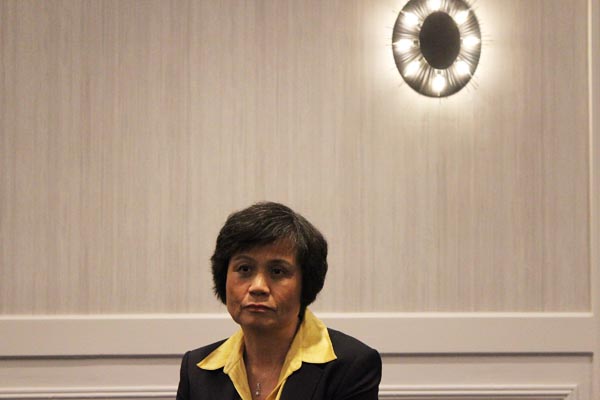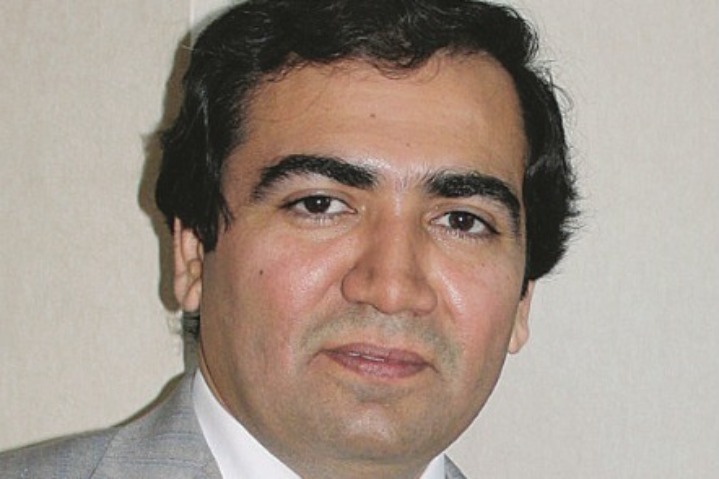Hanban CEO: Meet demand for Chinese-language instruction
 |
| Students from Chicago public schools perform at the opening ceremony of the 2016 National Chinese Language Conference on April 28 in Chicago. AMY HE / CHINA DAILY |
In its 10 years, Hanban has seen a surge in interest in the study of Chinese as a second language.
The first 10 years can be seen as developing into new markets where there's an increasing demand in Chinese-language learning, said Xu Lin, chief executive and director-general of Hanban, which oversees the Confucius Institutes at American schools.
Hanban acts as a facilitator for schools that want to give students an option to study Chinese in an increasingly globalized world, and the non-profit educational organization supports initiatives by providing teachers and loose guidelines, she said.
"From the very start, we've already said that as long as [the schools] teach Chinese and Chinese culture, we're very open to different teaching methods," she said in an interview during the 2016 National Chinese Language Conference in Chicago from April 28-30.
"Within the US, various states have their own curriculums and teaching styles, and they decide on the best course of action. We operate like a supermarket or a buffet would — we provide the food, but what [the people] want to eat, how they want to eat, and when they want to eat, they choose. We at Hanban provide 24-hour service, just like a 7-Eleven would," she said.
 |
| Xu Lin, director-general of Hanban |
Through feedback given in the past decade, Xu said that Hanban has a better understanding of how American students, parents and schools often have different requests and demands when it comes to learning compared to what their Chinese counterparts would do.
"There are some teachers who don't graduate majoring in Chinese language, but because they majored in English, their English is particularly good and they have a better understanding of English speaking countries' ways of thinking," she said. "They reflect on how to best teach — whether it's through storytelling, singing, or working with elementary and middle school students."
If the organization goes by traditional standards of evaluation to assess these teachers, they might not be considered as professional as teachers who have a background in Chinese teaching, but the challenge the latter group faces is that they're often not as used to the management style in American classrooms, Xu said.
New graduates are quick to adapt to the American classroom setting and are popular with students, she added.
American parents treat foreign language learning differently than Chinese parents do, she said.
"They're really think about their kids' future careers," compared with Chinese parents, who focus on getting their children to learn English for the sake of studying abroad.
"Americans think that China is the most important, and parents think that their children will one day have to come into contact with China," she said.
"All families think like this, whether they're from big cities or smaller ones. So they're creating this demand, and the Confucius Institutes are meant to satisfy a demand from the US," she added.
amyhe@chinadailyusa.com


















